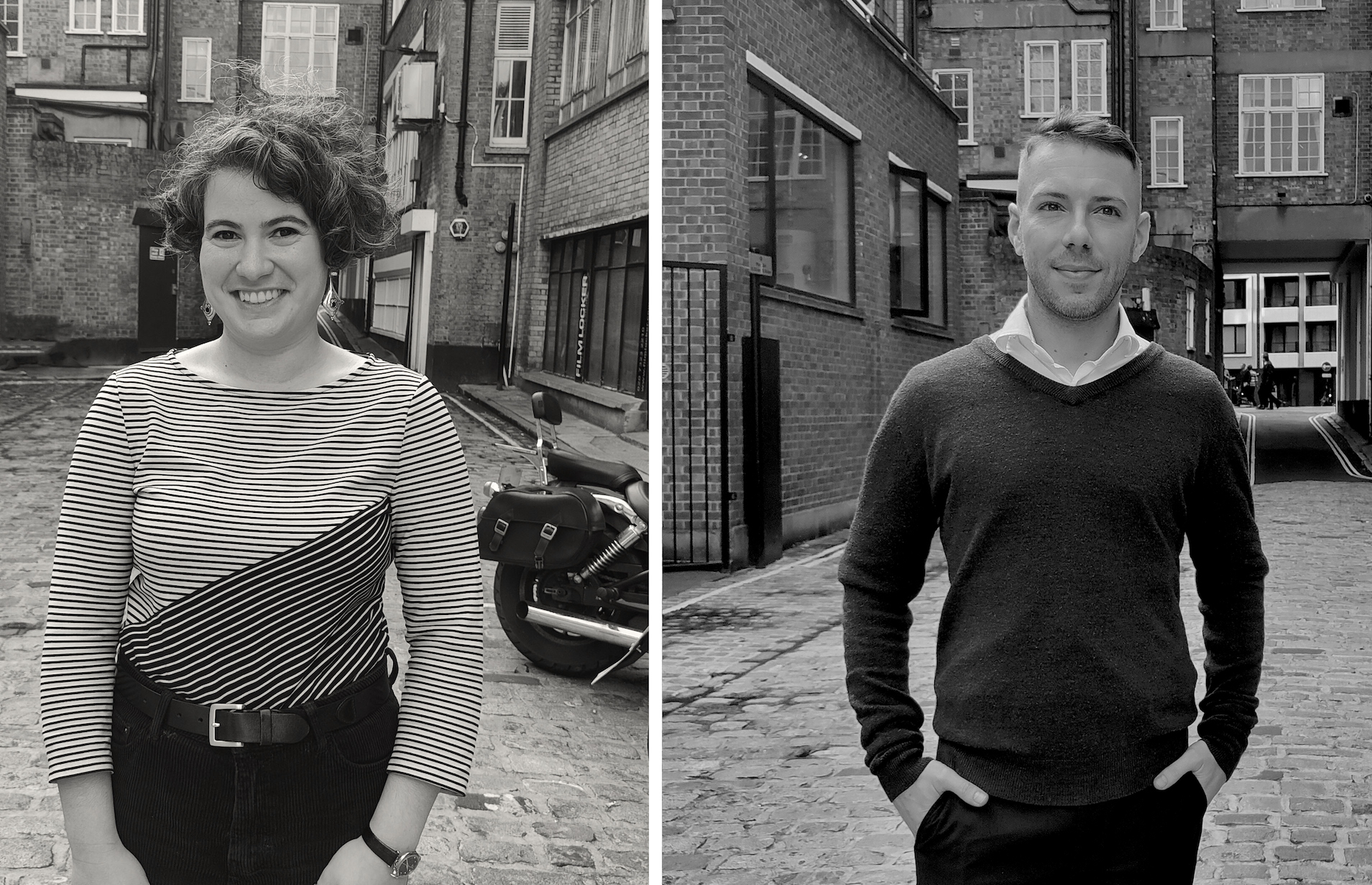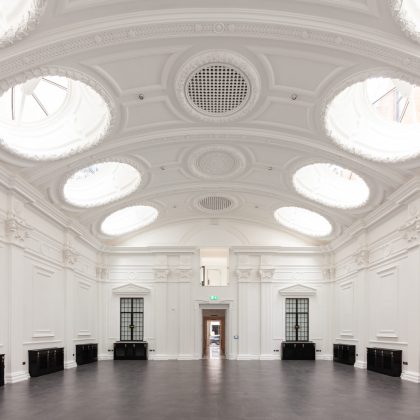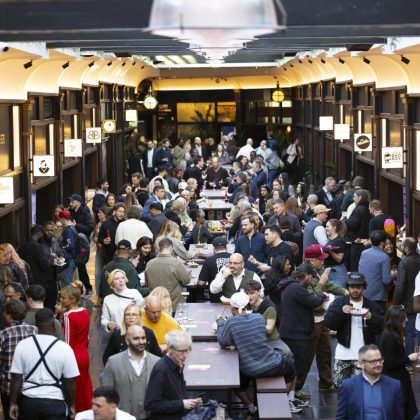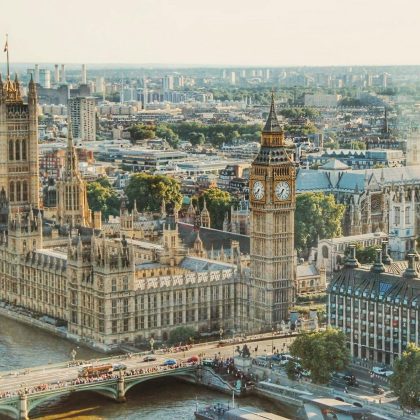This autumn, our consumer team welcomed two new talented people. Senior Account Manager Katie Balcombe joined us from the Museum of London, where she led award-winning national PR campaigns, and Senior Account Executive (and pop culture enthusiast) Alberto Pinosa brings with him years of lifestyle PR experience spanning luxury hospitality and music.
Here Katie and Alberto share their views on the impact of social media on traditional media, and of the pandemic on arts, culture and F&B.
1. What has been your career highlight so far?
Katie: A moment that has helped shape my career was delivering the PR for the last remaining piece of the Whitechapel Fatberg (a massive congealed chunk of waste and fat found in a London sewer) going on display at the Museum of London. No two days are ever the same in PR, but promoting a chunk of fat, wet wipes and sewage was something unique and unexpected! I led the promotion from the discovery of the fatberg through to its display at the Museum, which was a record 5 months (very fast for the museum world). The display was one of the Museum’s most successful ever displays, generating over 1,000 pieces of media coverage during the 5-month campaign, and winning a Mark of Excellence at the CIPR awards.
Alberto: Starting out in music industry PR was a fantastic experience – lots of exciting events, press conferences, photoshoots (and not to mention drama). But I always get an adrenaline rush from achieving a good piece of media coverage for a client. Placing features in The Sunday Times, Forbes, The Daily Telegraph and FT How to Spend It for some great clients who aren’t necessarily used to that kind of press always feels really rewarding.
2. Katie, through your years working in culture-led PR, what role do you think arts and culture have to play in our communities, as we continue to emerge from the pandemic?
Culture has a huge role to play as we continue to emerge from the aftermath of Covid-19, from both a social and an economic perspective. Arts and culture contribute billions of pounds to the economy every year, and for our economy to recover it’s vital that we continue to invest in our cultural venues and community programmes. The arts and culture industry is able to bring different communities together to learn from each other. To many, they are a vital resource for understanding and to express themselves, and therefore a valuable tool for people to re-connect. Local communities also have an important role in helping shape these programmes to support the recovery of the culture sector post pandemic, so the right community and stakeholder engagement is crucial.
3. Alberto, you’ve worked a lot in restaurant and F&B PR, do you have any tips for approaching PR for the hospitality sector as we continue to emerge from the pandemic?
In areas such as London, where tourism has been greatly impacted, there has been a significant shift to a more local audience, and a much greater emphasis on home delivery than ever before. It is more difficult to establish a relationship with a customer when only one aspect of the dining experience can be enjoyed – the food. For thriving destinations, PR should seek to remind people of all the special, often intangible aspects of the dining experience that can only be enjoyed when eating out.
The growing spotlight on sustainability, equality and inclusiveness presents an opportunity for progressive F&B personalities (chefs, business directors, restaurateurs) to become more vocal about a much broader range of topics, and more creative in their influencer collaborations.
4. What impact do you think social media is having on more traditional media forms?
Katie: The rise of the influencer has altered the PR landscape and has placed brand affiliation and awareness more into the hands of the consumer. Social media has allowed brands to not only increase their reach but, more importantly, build a deeper connection with their audience. We saw this amplified during the national lockdown, when many organisations dramatically pivoted their communications strategies. Traditional media still plays a vital role – it remains highly influential on perceptions and tends to dictate the news agenda. On social media, anyone can comment and report misinformation, therefore there’s more need than ever for well-researched, informed journalism, that actively seeks out the voices of the often unheard.
Alberto: Influencer partnerships are becoming more integrated with traditional media campaigns. Traditional media can no longer ignore the star quality, influence (and huge following) that some Instagrammers, TikTokers or YouTubers have, and the ability they have to drive sales. PRs should be thorough and considered when recommending influencer partners to their clients to ensure their values align with the campaign’s values, especially as advertising regulations are, rightfully, becoming more robust to ensure transparency.
5. What are you most excited about, as we look forward to 2022?
Alberto: Definitely a full return of theatre and live music shows to pre-pandemic capacity. Professionally, I’m looking forward to more launch events, in-person meetings, morning briefings and networking opportunities.
Katie: Travelling! I’ve really missed being able to go abroad and discover new places. Hopefully travelling abroad will be easier in 2022 and I can start planning some bigger trips.



